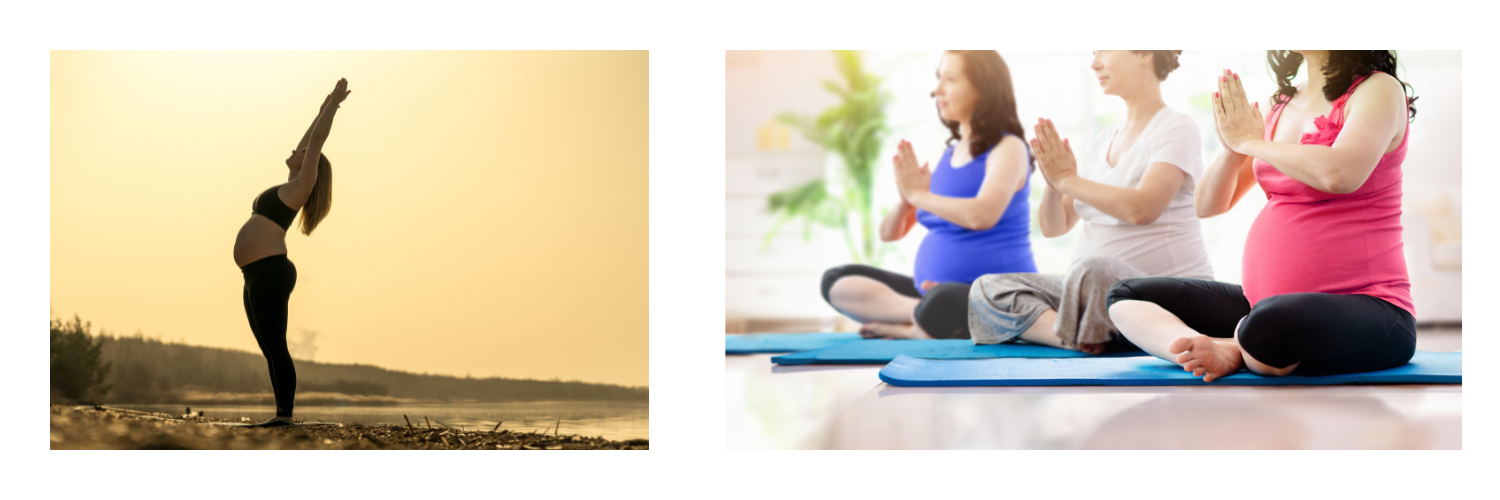🩸Effective Iron Support🤰🏽
Iron is essential for energy, focus, and healthy blood — especially during pregnancy, after birth, loss, or if you have heavy periods.
It’s vital for making haemoglobin, the protein in red blood cells that carries oxygen throughout your body.
Low iron can leave you feeling exhausted, dizzy, foggy, and breathless — but the way you boost it matters.
Not all iron supplements are kind to your body, and some can cause more problems than they solve.
The Science of Iron in the Blood
Iron’s main role is in making haemoglobin, the protein in red blood cells that carries oxygen from your lungs to every part of your body.
About 70% of the iron in your body is found in haemoglobin.
Without enough iron, the blood can’t carry sufficient oxygen
— which is why low iron (anaemia) causes fatigue, dizziness, breathlessness, and poor concentration.
Iron is also needed for:
Myoglobin in muscles (stores oxygen for quick use during movement).
Enzymes that support energy production, DNA synthesis, and brain function.
Immune function, helping white blood cells fight infections.
Collagen formation, which is vital for tissue repair postpartum.
Tiredness in Pregnancy
– Is It Always About Iron?
A friend of mine once shared that she started taking iron tablets early in pregnancy because she felt tired.
But here’s the thing:
Tiredness is completely normal in early pregnancy 😴
Your body is working flat out to grow the placenta and shift hormone levels
— many women feel exhausted in the first trimester no matter what their iron levels are.She hadn’t had a blood test 💉
Without knowing her baseline,
she couldn’t be sure if low iron was the cause.
Self-prescribing iron tablets can lead to unnecessary side effects.Iron tablets often cause problems 🚽
Constipation, nausea, and gut upset are very common.
If you don’t actually need them,
you might end up feeling worse, not better.
Other Causes of Tiredness…
Fatigue can have many root causes besides iron levels, including:
Hormonal shifts — rising progesterone makes you feel drowsy.
Blood sugar fluctuations — especially if you’re eating a lot of refined carbs.
Low thyroid function (hypothyroidism) — sometimes picked up in pregnancy checks.
Low vitamin B12 or folate — both needed for red blood cell production.
Dehydration — even mild dehydration can cause fatigue.
Poor sleep — common with nausea, frequent toilet trips, or anxiety.
Low blood pressure — many women experience this in the first and second trimesters.
Why Gentle Iron Matters
Many traditional high-dose iron tablets are poorly absorbed (sometimes as little as 10–15%),
and the unabsorbed iron can irritate the gut,
causing constipation, nausea, cramps, and bloating.
During pregnancy and postpartum….
— when digestion can already be sensitive
— a gentle,
highly absorbable form of iron is far better for your long-term health and comfort.
Here are some of my favourite, and the most popular ways to maintain and boost your iron during pregnancy compared…
1. Spatone
What it is:
A natural mineral water from a spring in Wales,
naturally rich in easily absorbed iron.
Packaged in single-use sachets.
Iron content: ~5 mg per sachet.
Absorption:
Very high (40–70%) thanks to its natural ionic form
— so your body takes in more of what it needs,
without overloading the gut.
Why I recommend it:
Gentle on digestion — rarely causes constipation or nausea.
Can be taken on an empty stomach or with food.
Perfect for pregnancy, postpartum, or topping up low levels.
Best use:
One sachet daily for maintenance,
two if your iron is on the lower side (always check with your midwife or GP if you have diagnosed deficiency).
2. Floradix
What it is:
A liquid herbal iron formula,
combining iron gluconate with fruit juice concentrates,
B vitamins, and plant extracts.
Iron content: 10 mg per daily dose (varies slightly by formulation).
Absorption:
High — the liquid form and the combination with vitamin C from the fruit juices help your body absorb it well.
Why I recommend it:
Much gentler on digestion than tablets.
Includes extra nutrients that support energy and red blood cell production.
Pleasant taste and easy to take.
Best use:
Ideal for women who want a nutrient-rich daily tonic, are needing to increase their blood iron count,
or as part of a pregnancy and postpartum wellness plan.
3. Nettle Tea
What it is:
Herbal infusion made from the leaves of Urtica dioica (stinging nettle).
Iron content: ~0.5–1 mg per cup (varies).
Absorption:
Naturally supported by vitamin C in the plant; gentle and non-irritating.
Why I recommend it:
Rich in minerals (calcium, magnesium, potassium) and chlorophyll.
Hydrating and safe for long-term use.
Great for steady support, especially alongside Spatone or Floradix.
Best use:
One to three cups daily for ongoing maintenance.
4. Iron-Rich Foods
— and Why Quality Matters
Iron from food comes in two forms:
Heme iron — from animal foods like red meat, poultry, and fish; absorbed most efficiently.
Non-heme iron — from plants, eggs, and dairy; absorption improves when paired with vitamin C.
Top choices:
Grass-fed beef and lamb — also rich in healthy fats and collagen for tissue repair postpartum.
Liver — very high in iron and other key nutrients (limit to once a week in pregnancy).
Shellfish — clams, mussels, oysters.
Sardines and mackerel.
Dark leafy greens — spinach, kale, nettles.
Pumpkin seeds, sunflower seeds, and nuts.
Legumes — lentils, chickpeas, beans.
Dried fruits — apricots, raisins, figs.
💡 Why grass-fed & finished matters:
Better omega-3 profile, higher vitamins,
and collagen-rich connective tissue to support healing and hormone health.
Why I Don’t Recommend Standard Iron Tablets
Low absorption means much of the dose is wasted.
Can cause constipation, cramps, nausea, and gut inflammation.
Better options (Spatone, Floradix) are gentler, more effective, and kinder to digestion.
Putting It All Together
If you’re pregnant or postpartum, including after a loss - keeping your energy up is about more than just iron.
The best approach is a gentle combination:
A daily, well-absorbed supplement such as Spatone or Floradix
(if your blood tests suggest you need extra support).Mineral-rich teas like nettle for steady nourishment.
Iron-rich foods such as grass-fed red meat, pulses, seeds, and leafy greens.
And most importantly, making time to care for your whole self — rest, movement, breath, and relaxation.
This is exactly what I support women with in my work.
Through pregnancy yoga, massage, body balancing, and relaxation techniques,
I can help you boost energy, ease tension,
and create space to reflect on lifestyle choices that truly support your health.
Sometimes, it’s about more than what you take
— it’s about slowing down enough to receive what your body needs.
💌 If you’d like to feel more energised, nurtured, and confident in pregnancy,
I’d love to welcome you to one of my antenatal classes or book you in for a pregnancy massage.
Found this helpful? Leave a comment below 👇
✨ Although tiredness in pregnancy can be completely normal, you don’t have to navigate it alone.
📍 If you’re local to the Forest of Dean,
I’m based here April - October,
you can book a massage, relaxation session,
or join one of my antenatal classes
⭐️EXPLORE CLASSES⭐️
⭐️EXPLORE TREATMENTS⭐️
🌍 Further away? / ❄️ Winter Months?
I will be at the Da-a-luz Midwifery Community in South Spain
I also offer Virtual Doula Support,
online resources,
and gentle practices you can follow at home to feel more energised and confident.
💜LEARN MORE💜
💌 Wherever you are, I’d love to walk alongside you:










